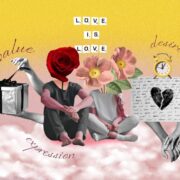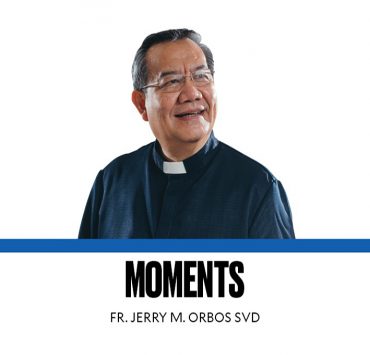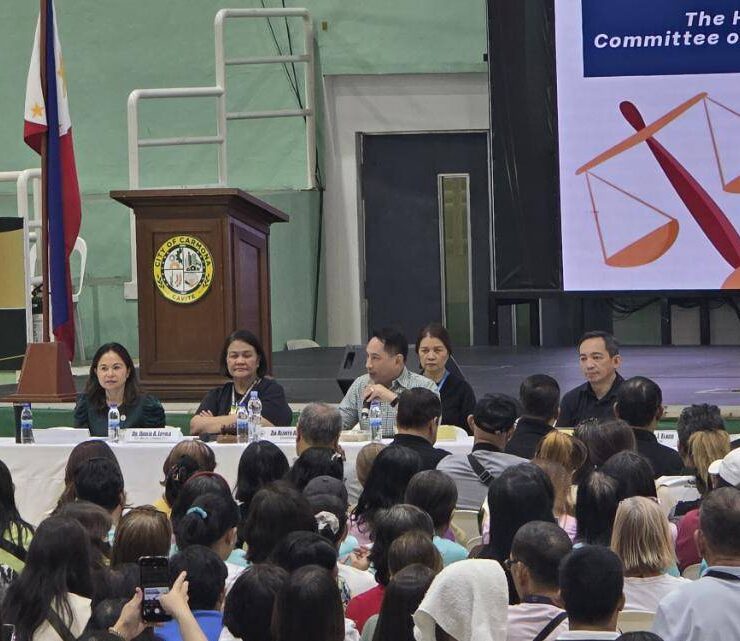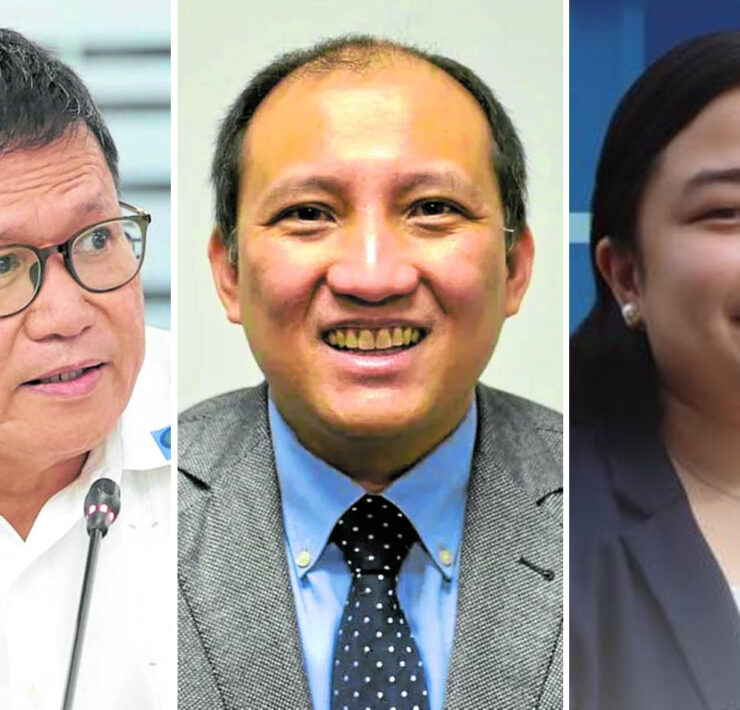When the young refuse to forget
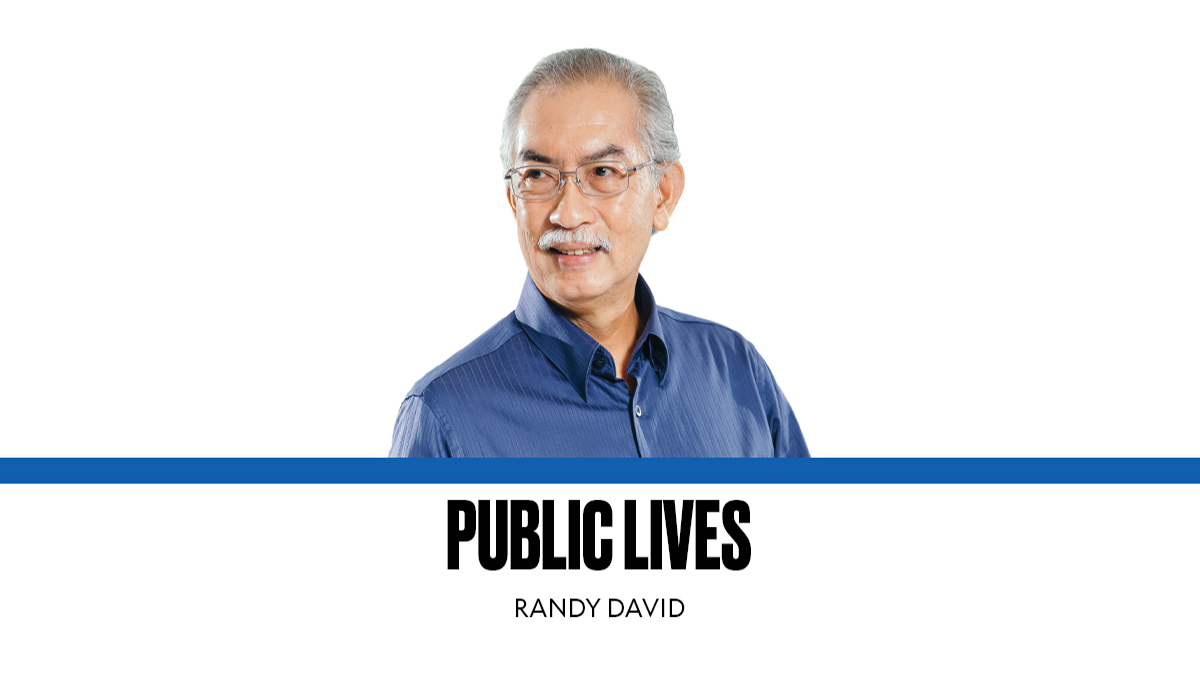
The struggle of man against power is the struggle of memory against forgetting,” wrote the Czech novelist Milan Kundera. Forgetting has always been one of our nation’s gravest afflictions. We forget the abuses and excesses of power even when their traces still haunt our daily lives. We keep electing the same bad leaders, conveniently overlooking that the clans and classes they represent have long been our tormentors and plunderers.
Yet it’s pointless to blame the victims. Our amnesia stems not from ignorance or weakness, but from a distorted understanding of democracy. We equate democracy with mere majority rule—as though the will of the people were automatically sovereign once ballots are cast and counted. But elections are not free when millions vote under the shadow of extreme poverty, hunger, and dependence.
In a society where the gap between rich and poor is as wide as ours, democracy is routinely captured by those who command both money and muscle. The result is a form of governance built on patronage and coercion—an arrangement so normalized that it now feels inevitable.
Seen in this light, forgetting begins to make a certain sense. Remembering can be risky. During the Duterte years, many poor families chose to erase from memory the killings of their loved ones—if only to avoid further harassment. Forgetting became their defense mechanism, a way to survive the reign of fear.
The same logic explains why financially distressed voters still run to the same corrupt politicians for help with hospital bills, dialysis slots, and other needs. This dependence is not their choice. It is embedded in a system that withholds essential rights to food, health, shelter, education—except through the intercession of politicians. When survival depends on the goodwill of one’s patrons, silence about their corruption and abuses becomes the price of access.
I once thought that Sen. Bong Go’s Malasakit Centers offered a way out of this feudal cycle. I was mistaken. These Department of Health desks merely map the labyrinth of patronage, pointing the poor to politicians who control hospital funds. They simplify dependence but do not abolish it. Still, for the poor, that small measure of help feels like service. Gratitude replaces rights.
This deeply entrenched culture of connection is hard to dismantle. It runs through the veins of daily life. When we transact with government, the first question we ask is: Who do I know there? We tell ourselves this is not necessarily to cut the line but only to guard against extortion. Either way, the system endures, sustained by our distrust and our penchant for shortcuts.
And yet, there is hope. “Be the change you seek,” says the familiar injunction. I find that more and more young Filipinos are taking it seriously. They queue patiently. They recoil from open displays of privilege. They “cancel” their peers for flaunting wealth or entitlement.
But they also demand accountability from their elders—from us, who have seen too much and perhaps grown too cynical. They are not weighed down by the fatigue of old struggles or the disappointments of failed reforms. Their anger is raw, urgent, and undiluted.
That is why so many of today’s uprisings, whether in our country or abroad, are youth-driven. Their protests are born in social media and then spill into the streets. The internet is their public square. Their fight, too, is the struggle of memory against forgetting, of defiance against the dull weight of resignation.
In 2013, many of us marched against the pork barrel scandal known as the Priority Development Assistance Fund racket. It sent Janet Napoles, the impresario of fake NGOs, to prison, and briefly jailed three senators. But all except Napoles are now free, and the old order of congressional entitlements not only survived but became worse. Today, as the flood-control scandal unfolds, we can’t help fearing a replay. Yet something feels different this time.
The outrage coursing through social media is not just about the brazen plunder of public funds. It is about the shameless display of ill-gotten wealth—the influencer lifestyle of power. This anger has its own momentum; it no longer waits for the state to act. For the young, the existing order may buy itself time, but its moral bankruptcy is beyond repair.
That is the power of remembrance. It is the weapon of those who refuse to inherit our forgetfulness.
public.lives@gmail.com




